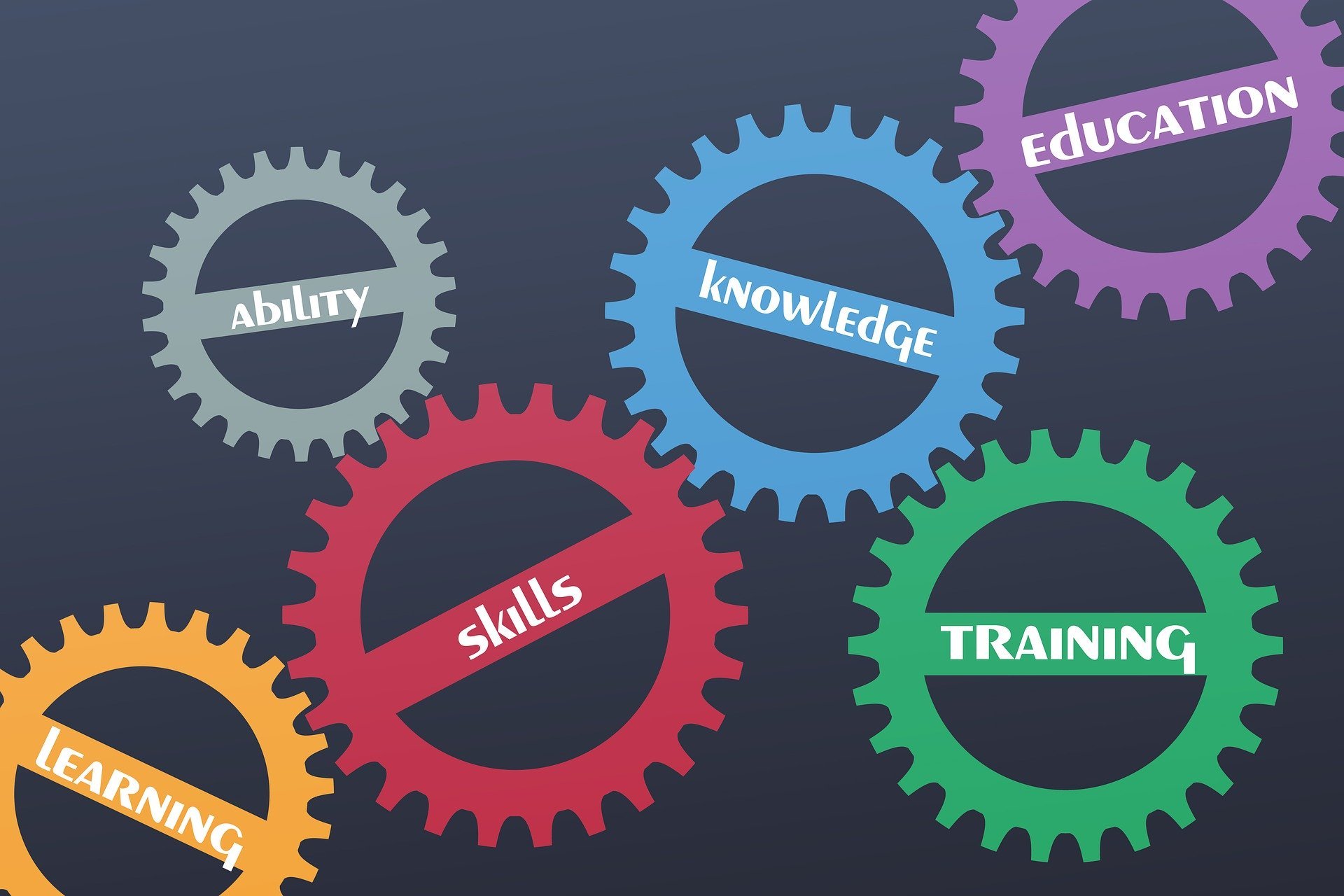
At a time of dramatic change, you may have to change dramatically – and that change could involve moving into a new sector. Your best friends in that scenario are your transferrable skills, writes Ines Gonzalez, Career Coach, Sli Nua Careers.
Transferrable skills are skills developed in one position or industry that can be transferred to another situation.
Maybe your sector has run aground. If you’re a hospitality worker, for example, the short-term outlook is not great, alas. A whole host of other sectors will be gravely undermined by COVID-19 and its uncertain aftermath.
Find a new strategy
You may need to find a new strategy. Where can I add value now? What can I put to beneficial use in another sector?
These are key questions to ask yourself, and, in so doing, you should arrive at your transferrable skills.
Some of them were traditionally called soft skills. The tendency nowadays is to call them essential skills. Examples include leadership, the capacity to build good interpersonal relationships, a positive attitude and planning and time management skills.
A disparate range, as you can see, but what unites them is that they can be developed in one sector and used in another. If you were a manager or leader in a retail outlet, perhaps you can manage or lead in a multi-national company. The underlying characteristics are the same: an employer or recruiter may be persuaded (primarily by you, I hasten to add) of the likelihood that you can successfully transfer into a previously alien sector.
Where do you find your transferrable skills?
Most people are not great at it – they tend to connect their skills with their sector and struggle to see how they might justifiably be applied elsewhere. That’s okay if you are sticking to the knitting, as the saying goes, but not if you need to find a new work sector.
Start by reviewing the tasks and projects you have performed during your working life to date. Did you work in a team? Lead projects? Manage budgets and deadlines?
Did you recruit people? Train them? Price work? Open doors (in the metaphorical sense)? Make sales?
Spend a good deal of time reviewing your previous work in this way. Before you find potential locations for your transferrable skills, you’ve got to recognise them first.
The search is on
Then, and only then, you should google ‘list of careers and jobs’. With an open mind, look through what you discover and scribble down any careers or jobs where your transferrable skills may find a home. Don’t rule things out too quickly: it is good to get a broad appreciation of the possibilities.
Armed with this long list, you can gradually whittle it down until it is a working document containing sectors within your reach, be that geographically, academically or in terms of ‘essential skills’. There’s no point saying that your capacity to build quality relationships with people qualifies you to work as a remote customer care specialist if you hate to be stuck on a PC all day long. Transferrable skills need to be transferred to places that suit you.
When you’ve done all of the above – including crafting your CV to support the move you are trying to make – you can target the new sector(s) with some optimism. I will return to crafting the CV and targeting new sectors in the coming weeks. Best of luck.
Ines Gonzalez is a Career Coach with Sli Nua Careers.
Make a booking HERE for online Interview Training and Mock Interviews.






